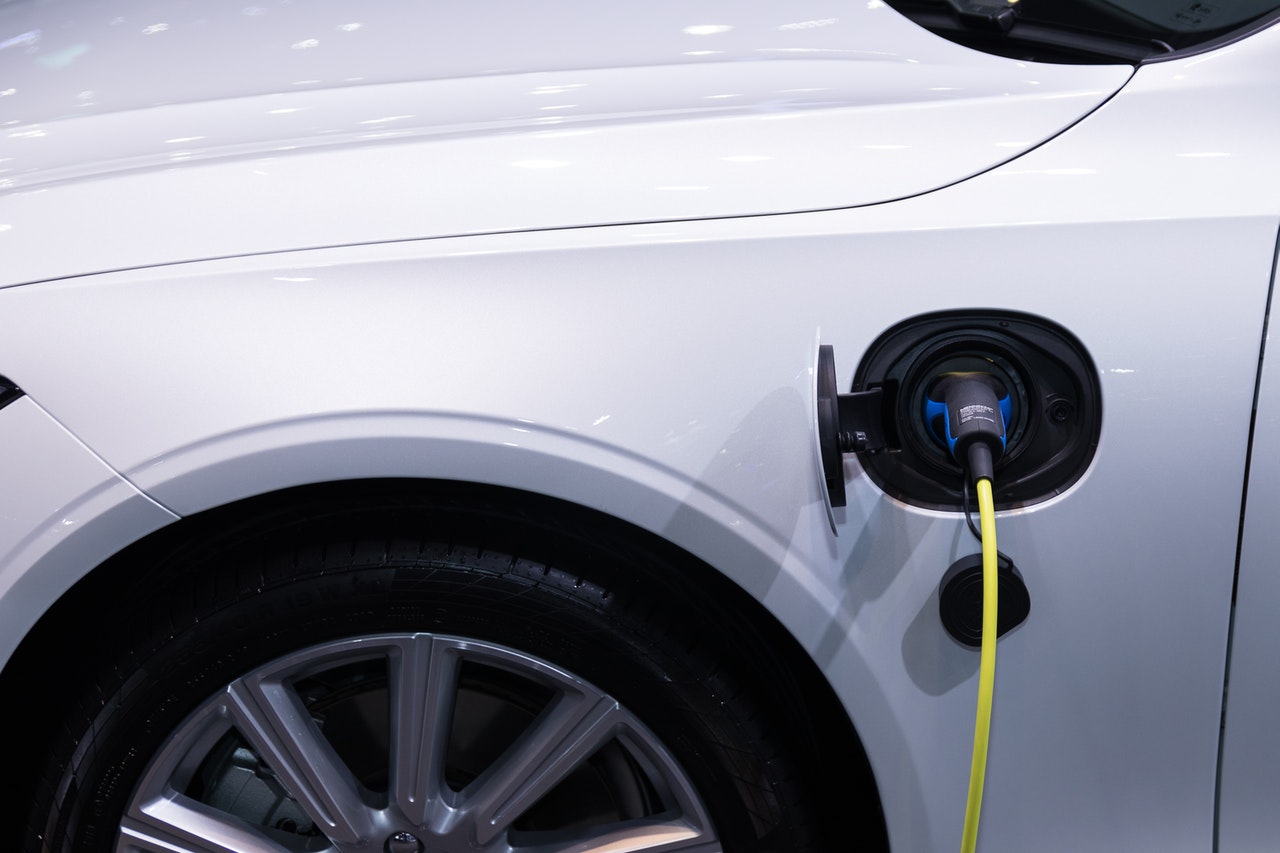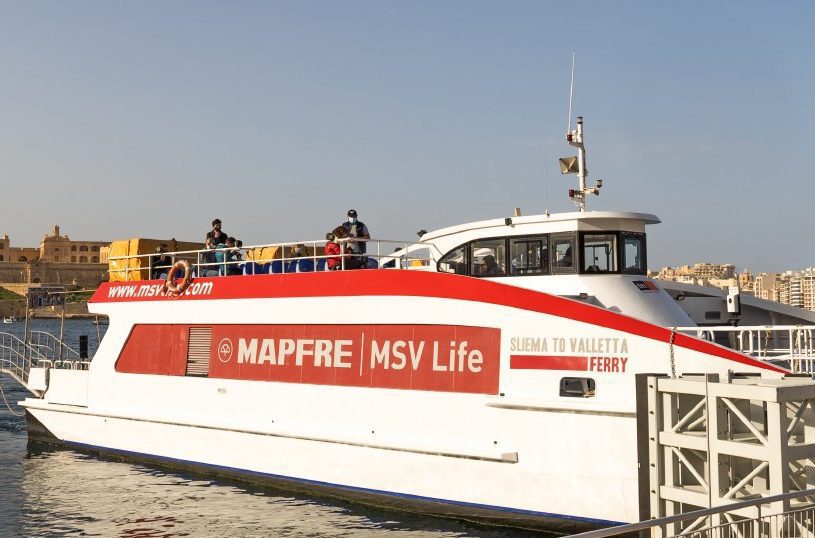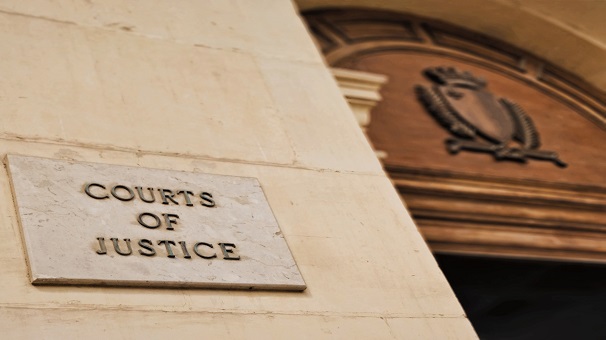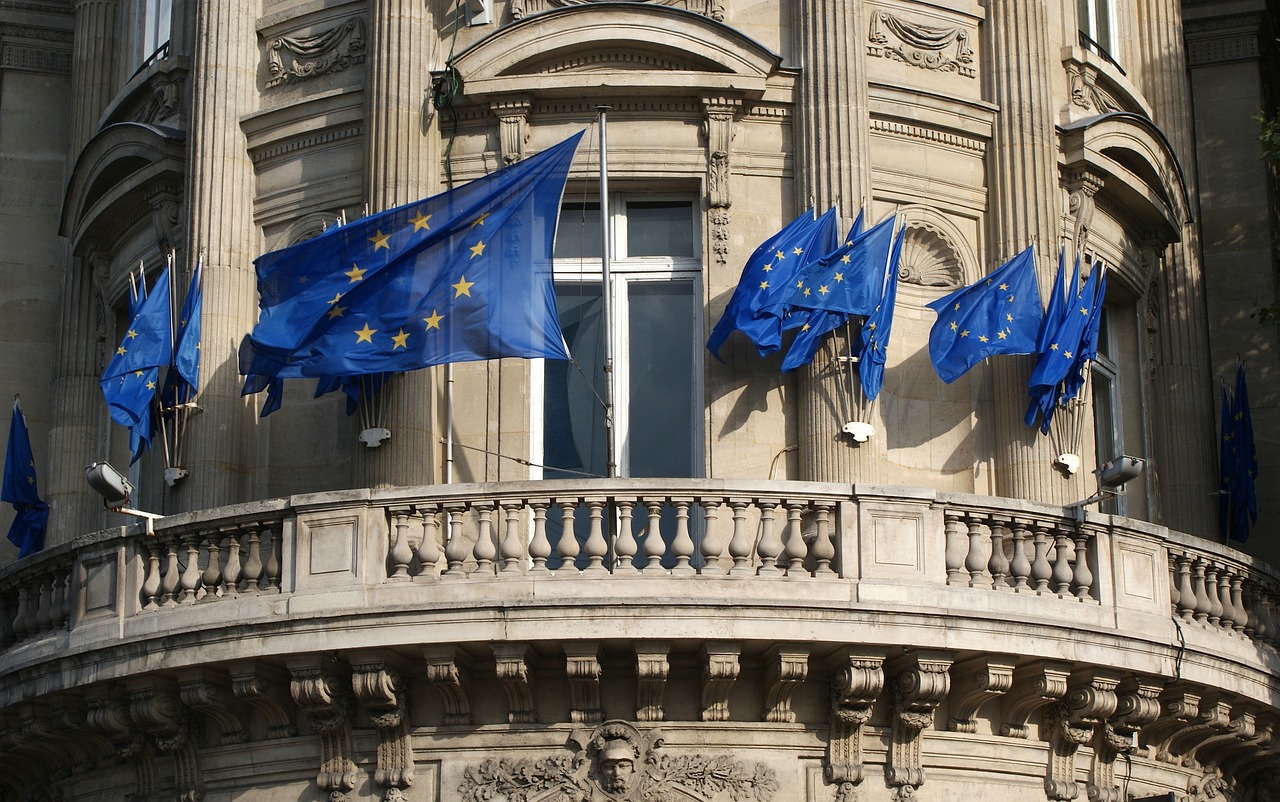While in Brussels, Minister for Transport, Infrastructure and Capital Projects Ian Borg presented European Commissioner Adina Vălean with studies commissioned for the Maltese Government regarding mass transport in the form of a metro.
The proposed Malta Metro’s estimated cost is €6.2 billion, almost two-thirds of would be related to infrastructure, and is expected to be recouped after 37 years. The system is projected to save 25,000 tonnes of CO2 annually through a network that would see seven to eight trains go through each station every hour, each with a capacity for 300 passengers, studies on the metro made available to the public reveal.
Minister Borg explained that in recent years, during the current legislature, Malta’s Government promised the people a study aiming to explore the possibility of having mass transport for the first time locally.
He said that Government hired ARUP, given their high expertise on the subject, to determine the best means of mass transport for Malta, and their choice was a metro. It is understood that the consultants who worked on the proposal with ARUP were primarily composed of specialists in rail systems.
Critics have commented, however, that less costly mass transport systems, such as a Bus Rapid Transit (BRT) network would serve Malta better, could be rolled out within weeks, would cost a fraction and would not necessitate large-scale excavation.
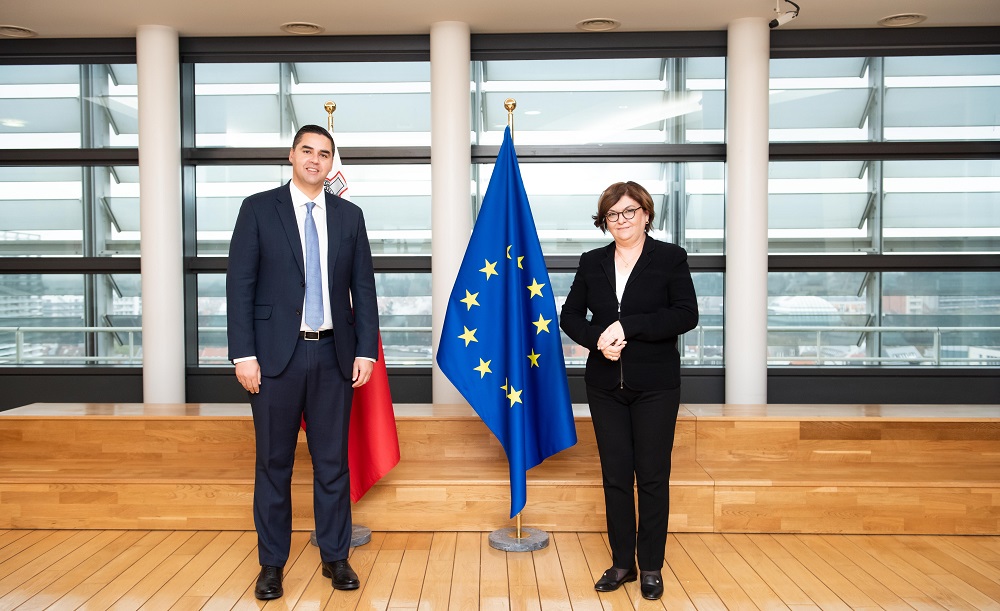
Minister Ian Borg shared with the European Commission representatives that a national discussion on the subject is currently underway in Malta through which the Government will be deciding on the way forward.
“We have presented a concrete plan to our people and as a Government we are listening to what people and even organisations have to say on the subject. Our goal is for the consultation to be open and for everyone to share their thoughts so that we can evaluate and work towards the future of this country with regards to land transport”, said Dr Borg.
In response to this report, Commissioner for Transport Adina Vălean said the European Commission welcomes such a detailed study also due to the fact that it is clear that the Maltese Government is exploring all possibilities to further make the transport sector more sustainable.
Commissioner Vălean also discussed with the Maltese delegation the work being done by the Maltese authorities to incentivise the use of electric vehicles and alternative transport, including sea transport.
Other topics were discussed during the same meeting including the infrastructural work being done in Malta and Malta’s commitment to the sea and air transport sectors.
In Brussels, Dr Borg together with the Maltese delegation also met with the European Automobile Manufacturers Association, the European Business Aviation Association, and the European Community Shipowners’ Association.
Valletta Ferry Services suspends Sliema service due to weather conditions
This comes as a result of strong winds and a swell in the harbour
Government appeals court decision to grant €111m to National Bank shareholders
Government justified its intervention in the National Bank by stating that it averted economic catastrophe
MEP Elections 2024: Less than two months away, here’s everything you need to know
Since the last elections in 2019, the European landscape has seen significant developments, from pandemics, wars to economic shocks



